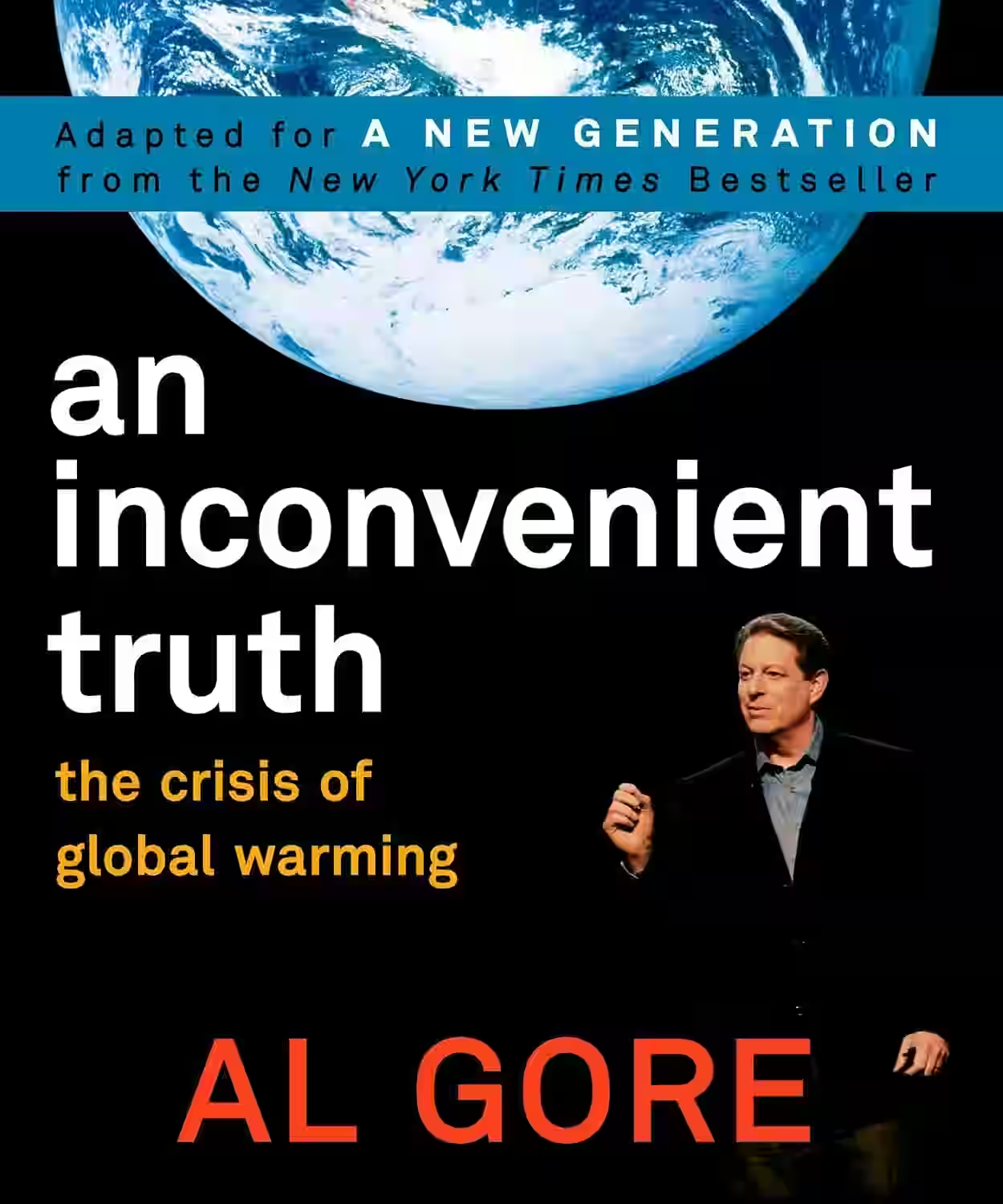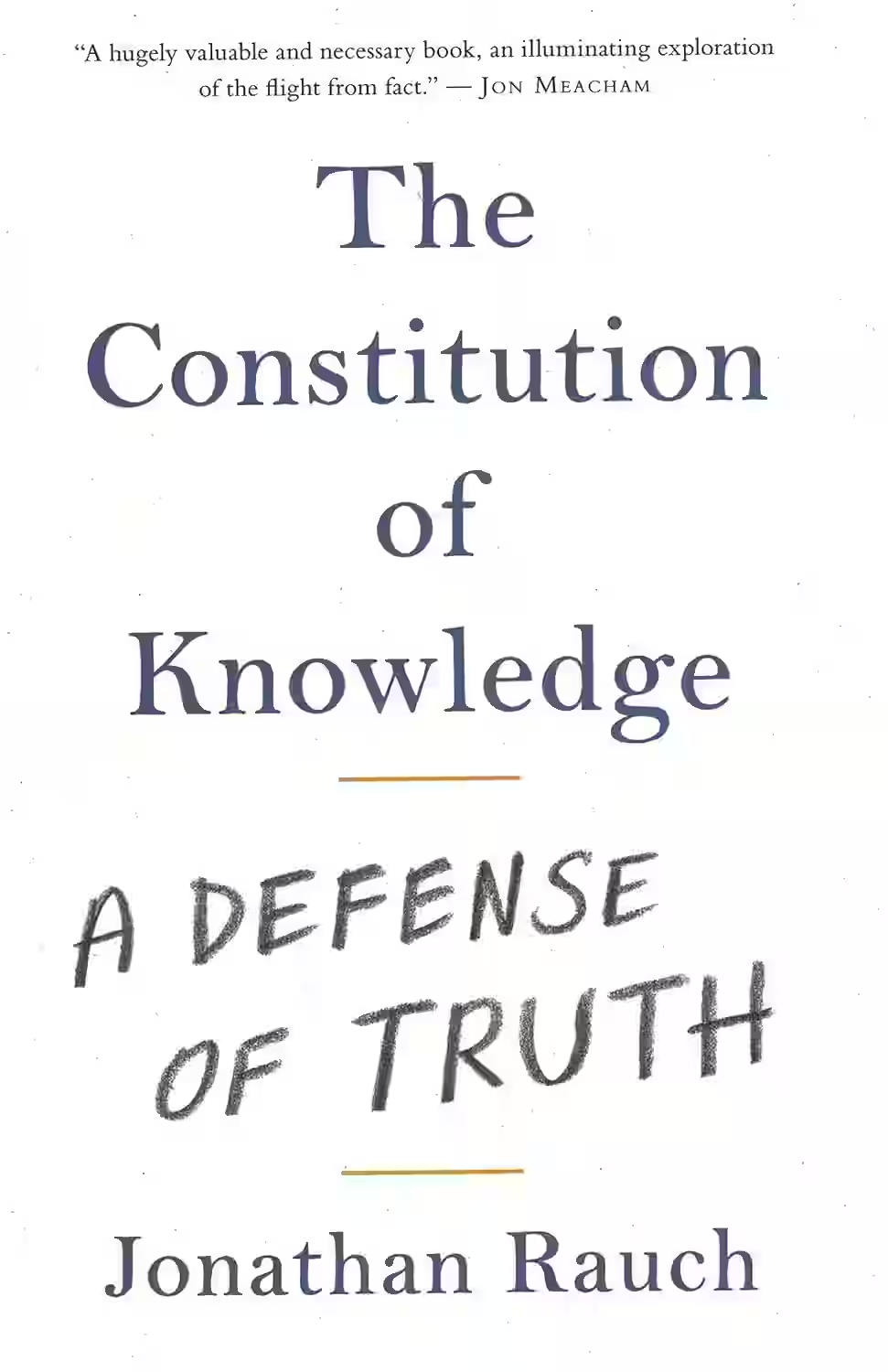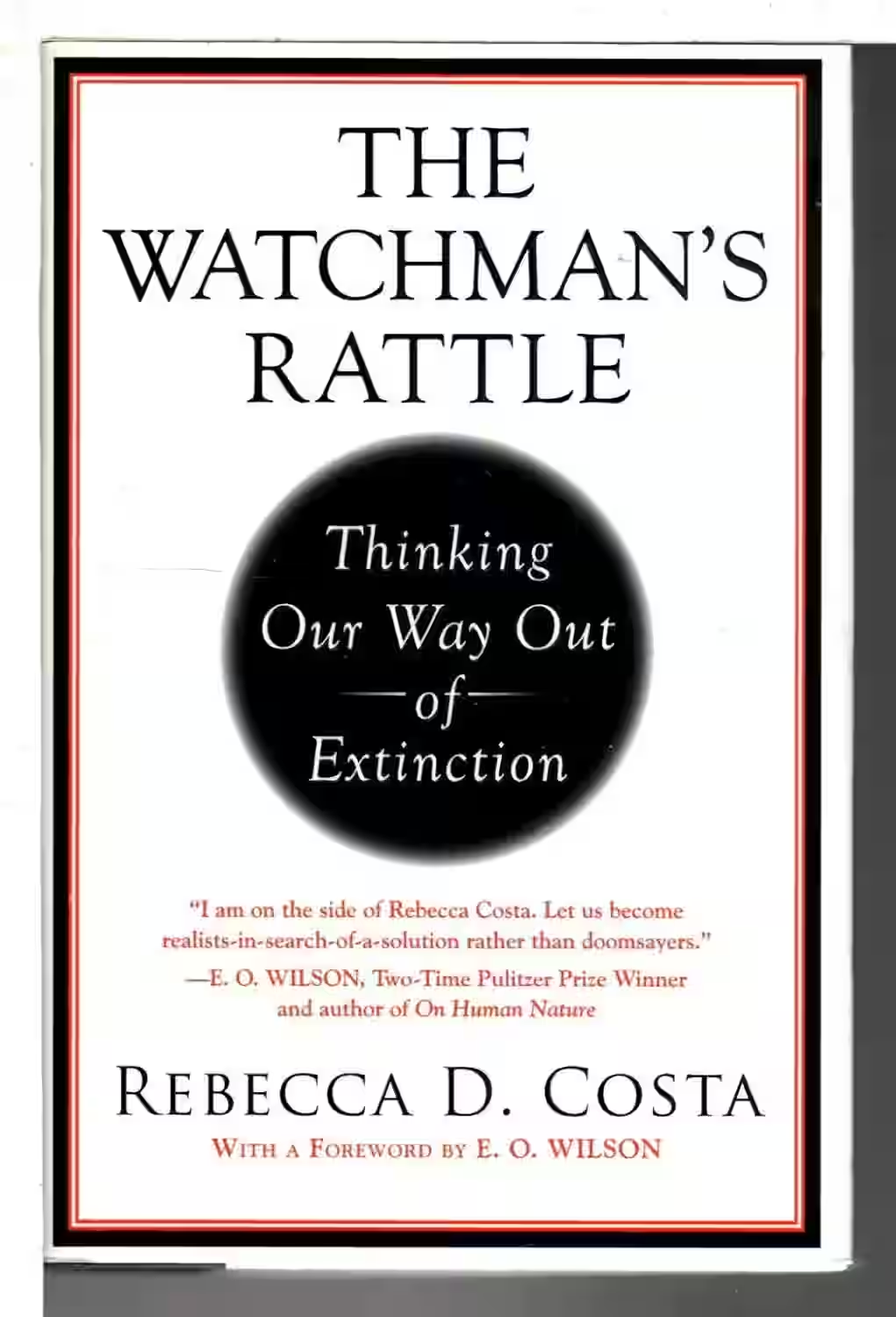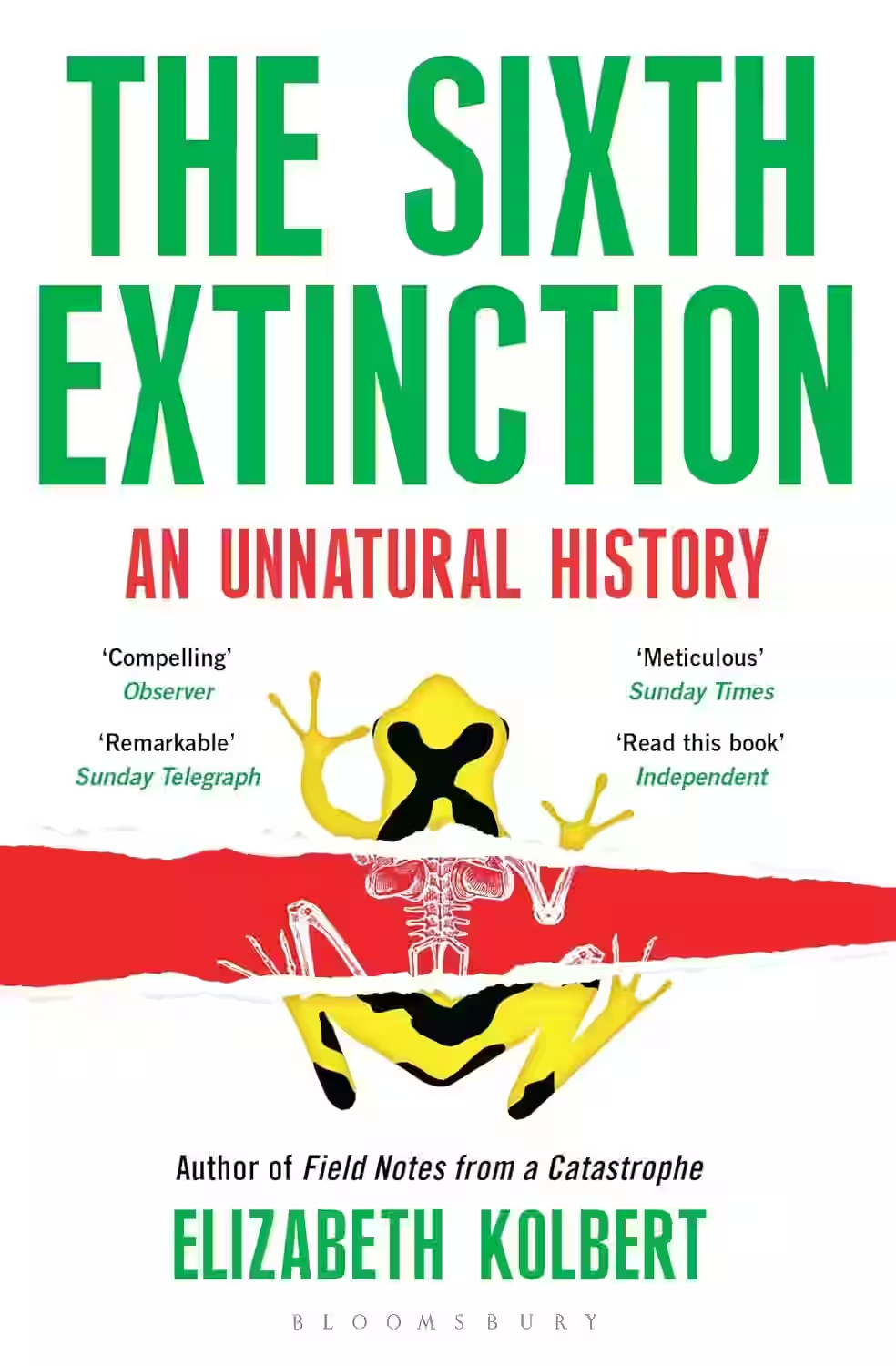
An Inconvenient Truth is Al Gore’s urgent and accessible plea for environmental action, based on his award-winning documentary of the same name. Using clear language, compelling visuals, and data-driven analysis, Gore explains the science and consequences of climate change. He addresses rising temperatures, melting ice caps, extreme weather, and the human behaviors driving global warming. The book combines science with personal conviction, urging readers to take responsibility for the planet’s future. It was a landmark moment in environmental awareness, sparking global dialogue and motivating individuals, communities, and governments to reconsider their impact on Earth.
About Al Gore
Al Gore is an American politician, environmentalist, and Nobel Peace Prize laureate. He served as the 45th Vice President of the United States under Bill Clinton and became a prominent advocate for climate action. His documentary and companion book An Inconvenient Truth brought global awareness to climate change, emphasizing the urgent need for policy reform and sustainability. Gore founded the Climate Reality Project and continues to speak and write on environmental and democratic issues. Blending scientific literacy with passionate activism, Gore has helped shape public discourse around the planet’s most pressing challenges, inspiring individuals and governments to act.
Similar Books

The Constitution of Knowledge
In The Constitution of Knowledge, Jonathan Rauch defends the epistemic institutions—science, journalism, academia—that uphold truth in democratic societies. He explores how norms like open debate, peer review, and fact-checking serve as a “constitution” governing the marketplace of ideas. Amid rising disinformation and tribal polarization, Rauch argues for preserving this knowledge system through free speech, tolerance, and intellectual humility. Blending political philosophy, history, and media studies, the book is both a defense and a roadmap for safeguarding truth in a digital age. It's an essential read for anyone concerned about democracy, truth, and the future of civil discourse.

The Watchman's Rattle: Thinking Our Way Out of Extinction
Rebecca Costa’s The Watchman’s Rattle explores how civilizations collapse when complexity outpaces our ability to solve problems. Blending science, history, and psychology, she argues that as global crises become more complex, society risks paralysis unless we evolve our cognitive strategies. Costa introduces the idea of “cognitive threshold,” suggesting we must adopt new ways of thinking—such as intuition and pattern recognition—to survive modern challenges. The book links ancient failures with contemporary threats like climate change and global instability. It’s a call to embrace adaptive thinking before our most pressing problems become unsolvable.

The Wealth of Nations: Books I-III
by Adam Smith
Series: The Wealth of Nations (#1)
In Books I–III of The Wealth of Nations, Adam Smith lays the foundation of classical economics by exploring the nature of labor, productivity, and market systems. He introduces the concept of the "invisible hand" and argues that individual self-interest can promote the public good through free-market mechanisms. Book I focuses on the division of labor and value, Book II on capital and stock, and Book III on the historical evolution of economic systems. Smith’s analysis of productivity, competition, and the role of self-regulation revolutionized economic thought and established key principles that underpin modern capitalism and economic theory.

The Sixth Extinction
In The Sixth Extinction, Pulitzer Prize–winning journalist Elizabeth Kolbert investigates the ongoing mass extinction event caused by human activity. Blending field reporting, scientific research, and historical context, Kolbert explores how climate change, habitat destruction, and invasive species are rapidly altering the planet’s biodiversity. She travels the globe—from rainforests to coral reefs—to document species on the brink and speak with scientists studying the crisis. The book highlights how humans have become a geological force, accelerating extinction at an unprecedented rate. Sobering yet eloquent, The Sixth Extinction is a vital call to awareness about the fragility and interdependence of life on Earth.